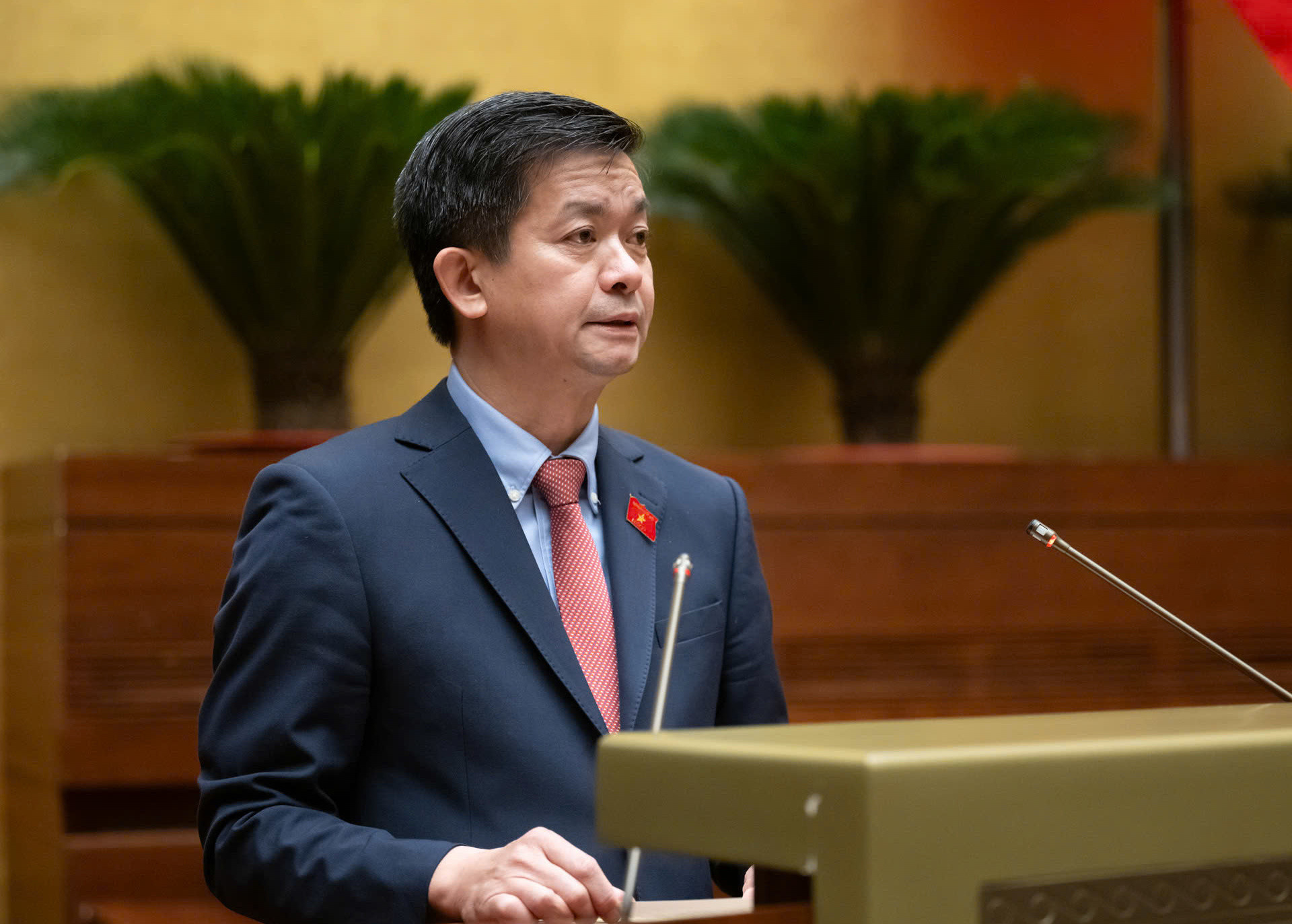On November 30, the National Assembly approved the resolution with a 95.62% majority. The resolution aims to safeguard public health and maintain social order by outlawing e-cigarettes and other harmful substances.
The government has been tasked with drafting and implementing specific measures to enforce the ban.

The National Assembly outlined several priorities for the healthcare sector, including:
Establishing a national reserve of essential drugs, chemicals, and medical equipment for emergencies exceeding local capacity.
Streamlining licensing procedures for medical practitioners and facilities by simplifying and decentralizing the approval process.
Advancing digital transformation in healthcare, including building a national database for licensing and registration by the first quarter of 2025.
The National Assembly also called for stricter enforcement against misleading advertisements for dietary supplements, with public disclosure of violations.
The National Assembly urged the Ministry of Information and Communications to:
Revise the Press Law and finalize a national plan for media infrastructure development through 2050.
Address issues of "tabloidization" in magazines and online news platforms.
Promote digital transformation in media agencies and develop a connected network for digital journalism by 2025.
The National Assembly emphasized leveraging AI to detect violations in digital advertising and strengthening regulations for international platforms operating in Vietnam.
The State Bank of Vietnam was directed to implement flexible monetary policies to stabilize financial markets and control inflation. Banks were instructed to lower lending rates, minimize bad debts, and prioritize credit for production and business sectors.
The National Assembly also called for the government to regulate the gold market to prevent speculative activities and stabilize macroeconomic conditions. Proposed amendments to Decree No. 24/2012 on gold trading regulations must be submitted by June 2025.
The 8th session of the 15th National Assembly saw the approval of 18 laws and 21 resolutions, along with the first review of 10 draft laws.
The National Assembly reiterated its commitment to abandoning the mindset of banning practices that cannot be effectively regulated and stressed the importance of revising outdated or overlapping laws to prevent corruption and inefficiencies.
Thu Hang